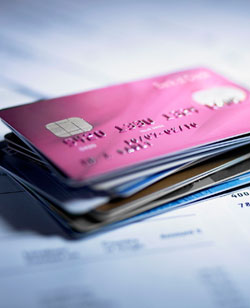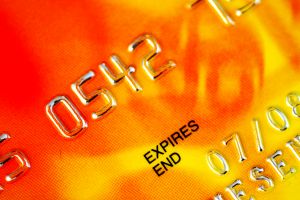What Determines Credit Card Limit?

The Rule of Thumb
Just because you won’t get the specifics of your credit limit until you’ve gone through the application process – and become approved – doesn’t mean that you can’t have a general idea of what it’s likely to be. Generally speaking, your credit limit is about double your monthly income, minus any debt obligations you have. So, for instance, if you make $5,000 a month and have debt obligations of $2,000 per month, your credit limit is likely to be in the $6,000 range. While this is the general rule of thumb, the key word is “general,” as there’s no true universal method and each creditor typically uses their own respective formulas.
Anatomy of the Credit Limit
There’s typically a lot that goes into the credit limit that creditors issue when you apply for a credit card. Here’s a brief overview of what helps make up this limit, aside from your monthly income and debts owed:
- Credit score: The better your credit score, the less interest you’re likely to pay on purchases. You’re also more likely to have a higher credit limit, as a good credit score shows that you’re a reliable, responsible consumer that can adequately repay any credit card debt. Data shows, for example, that consumers with a FICO score of 720 or greater had an average credit limit of at least $8,000. Conversely, those with FICO scores at or below 620 had a significantly lower limit at an average of $700. So if you want a high limit and your credit score is sub-par, we’d recommend enacting some credit repair best practices prior to applying.
- Payability: Credit limit is also largely contingent on a consumer’s ability to pay. Noting this, things like debt-to-income ratio, debt-to-asset ratio and consumer income after any debt is paid are all major factors that play into credit card limit.
- Risk: This factor isn’t so much pertaining to your potential risk as a consumer, but any economic risk based on what’s going on in the world. For instance, during the Great Recession, credit cards were issued with much lower limits than what was issued before and after the economic downturn. Creditors often don’t want to chance a situation where you’ll max out your limit and be unable to repay debt.
It’s also important to note that the credit limit you initially receive should be thought of as more of a starting point. If a creditor sees that you’ve been responsible with your card, you’ll often see your limit increase over time. If the creditor doesn’t do this for you, you can even put in a limit increase request.



